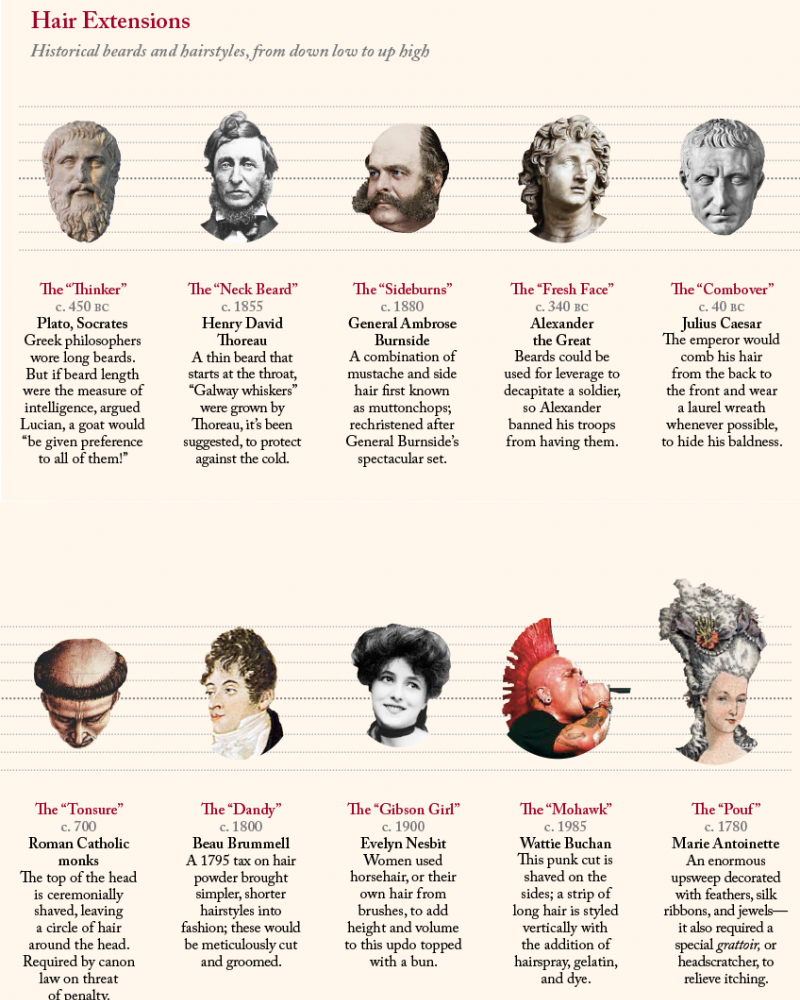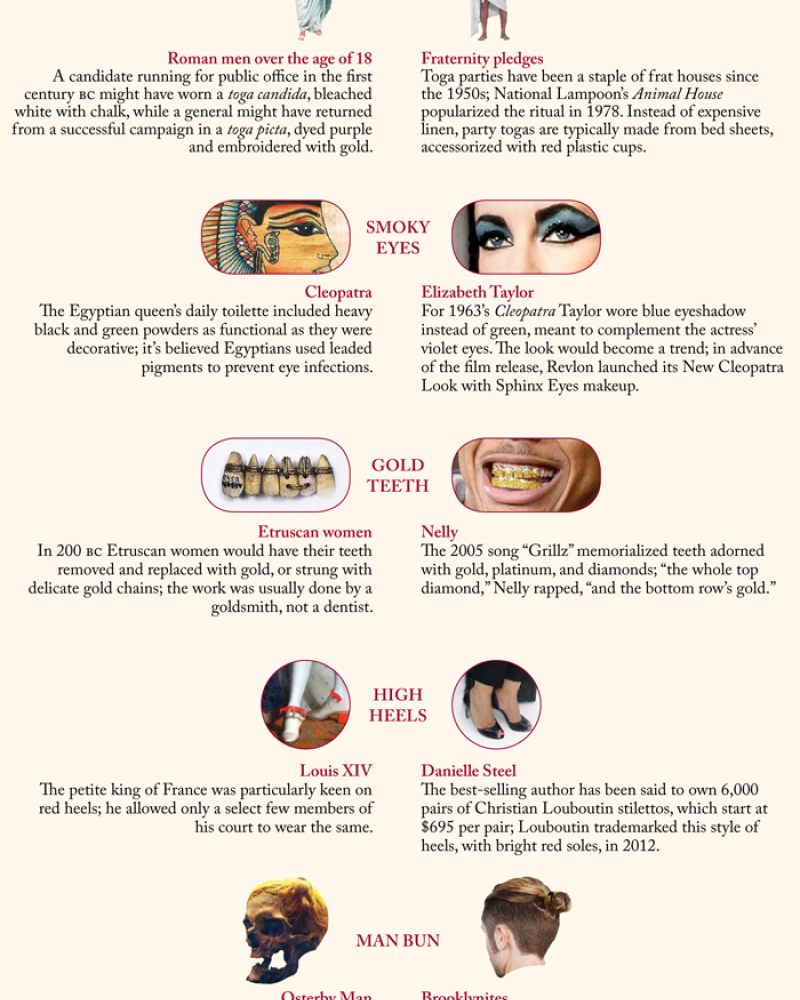Miscellany
Punishments have been used throughout history to leave marks of shame on the body. “Perhaps the most important” one inflicted on men, writes Richard Trexler in Sex and Conquest, “was depilation, especially the burning off of anal and pubic hair. The practice was known to ancient Jews—Isaiah prophesied that they would be humiliated in this way—and to the Athenians. In both cases the insult lay in part in the fact that only women singed their pubic hair.”


